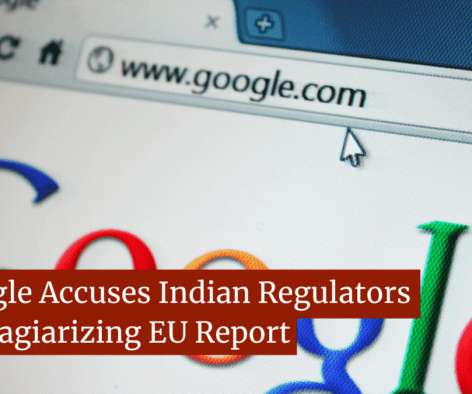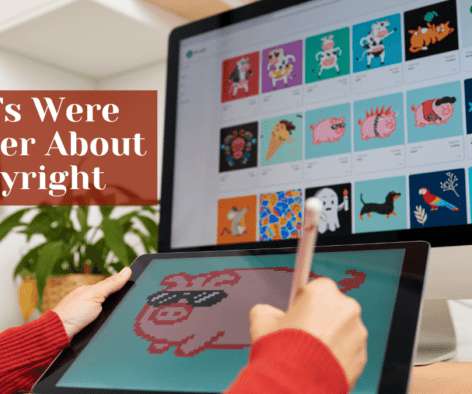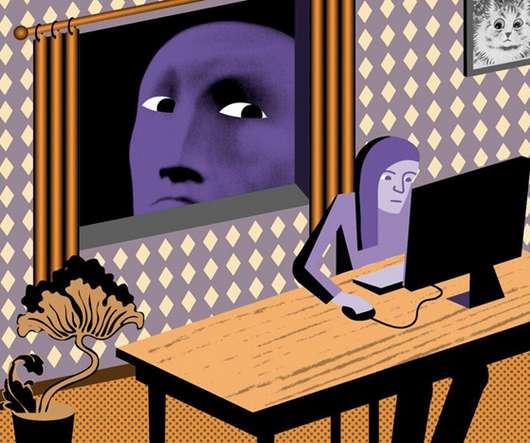Google Accuses Regulators of Plagiarism
Plagiarism Today
JANUARY 4, 2023
billion) fine over allegations that the company abused its ownership of the Android mobile operating system to unlawfully push its other products. According to Google, there were at least 50 instances of copying, some of which were “word-for-word”. Copy and Paste Roundup. billion-euro ($4.3













Let's personalize your content